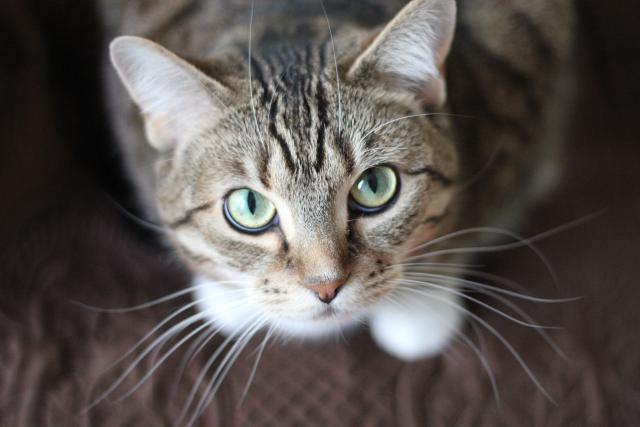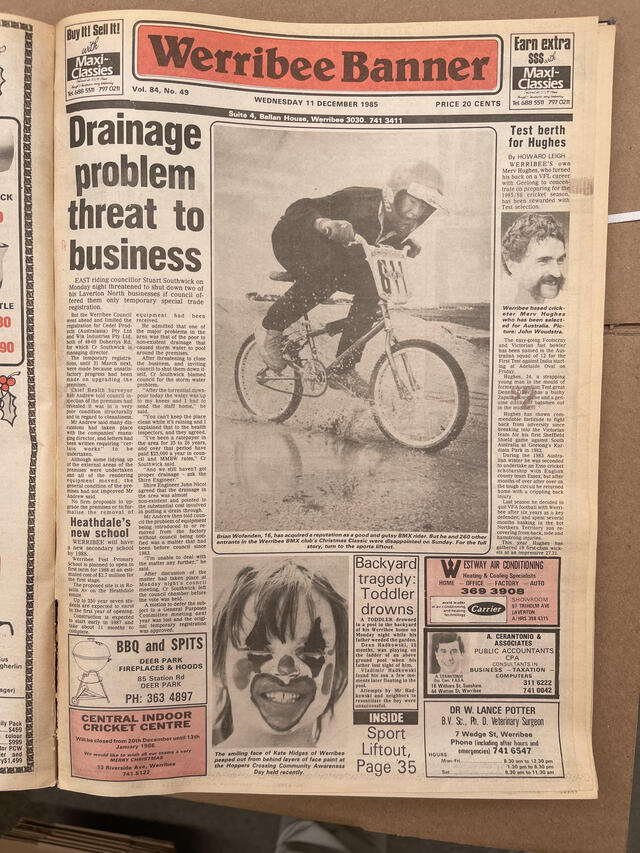A nationwide cat vaccine shortage has forced Wyndham council pause its cat trapping service.
From Tuesday November 21, cat trapping services will no longer be performed or offered in Wyndham in order to reduce the number of cats taken to the council owned pound and the
service provider, The Lost Dogs Home, and to reduce the potential exposure to disease in
shared spaces.
The Lost Dogs Home is experiencing a shortage of cat vaccines due to international production issues and council plans to keep its cat trapping service on hold until vaccines are again readily available.
Wyndham mayor Jennie Barrera, said that council would work
closely with The Lost Dogs Home to monitor the situation and encouraged residents to consider alternative options before surrendering healthy cats.
“This may include speaking to your local veterinary practice regarding veterinary costs, seeking support from friends or family members, or contacting welfare agencies if you are struggling to meet the costs of pet food,” Cr Barrera said.
An RSPCA Victoria spokesperson said the shortage of vaccines includes those that prevent illnesses like cat flu and panleukopenia.
“While faced with these delays, we recommend keeping cats indoors and separated from feline visitors until vaccine supplies normalise,” they said.
“Cats with a strong vaccine history may have lingering immunity… however, owners are urged to speak to their vet about these delays and their cat’s needs.”
The spokesperson said RSPCA Victoria is actively monitoring the situation, but it has not impacted its ability to admit and care for cats in shelters.
“As a result, feline vaccines are temporarily paused at our community outreach programs, although other general health checks and services such as deworming will continue where possible.”
The Australian Veterinary Association (AVA) released a statement on October 26 said it has already had a major impact on shelters and some have had to close its doors to new felines.
“The key message is to prioritise kittens and delay adult boosters if possible,” AVA said.
“Feedback from vaccine suppliers has confirmed the issue is being effectively managed with the highest priority, with some supply available in the latter part of 2023, before normalising in early 2024.”







